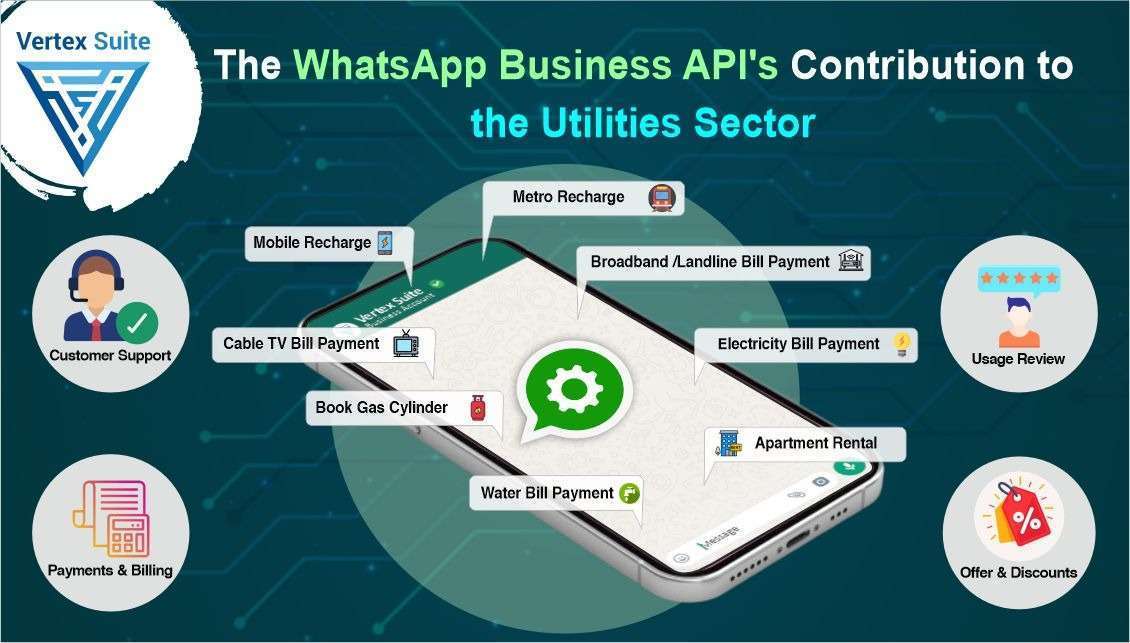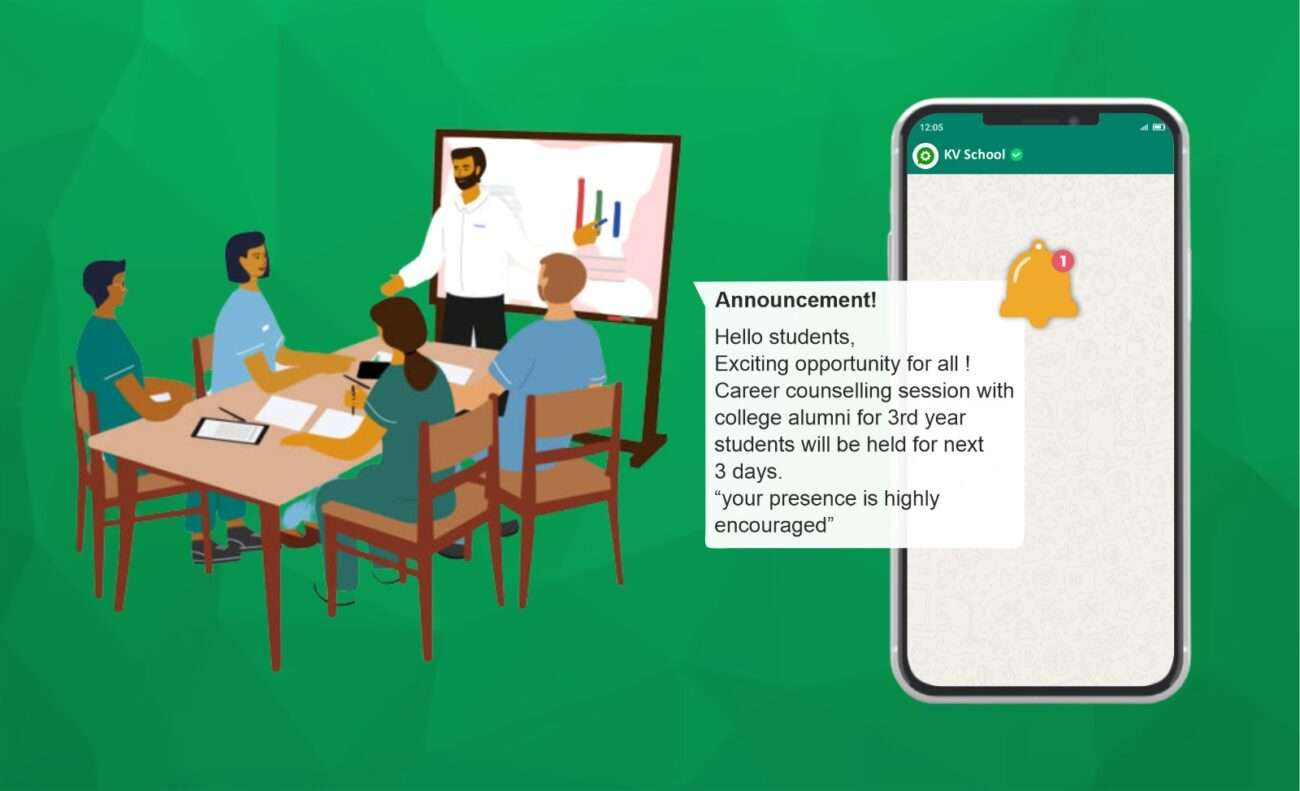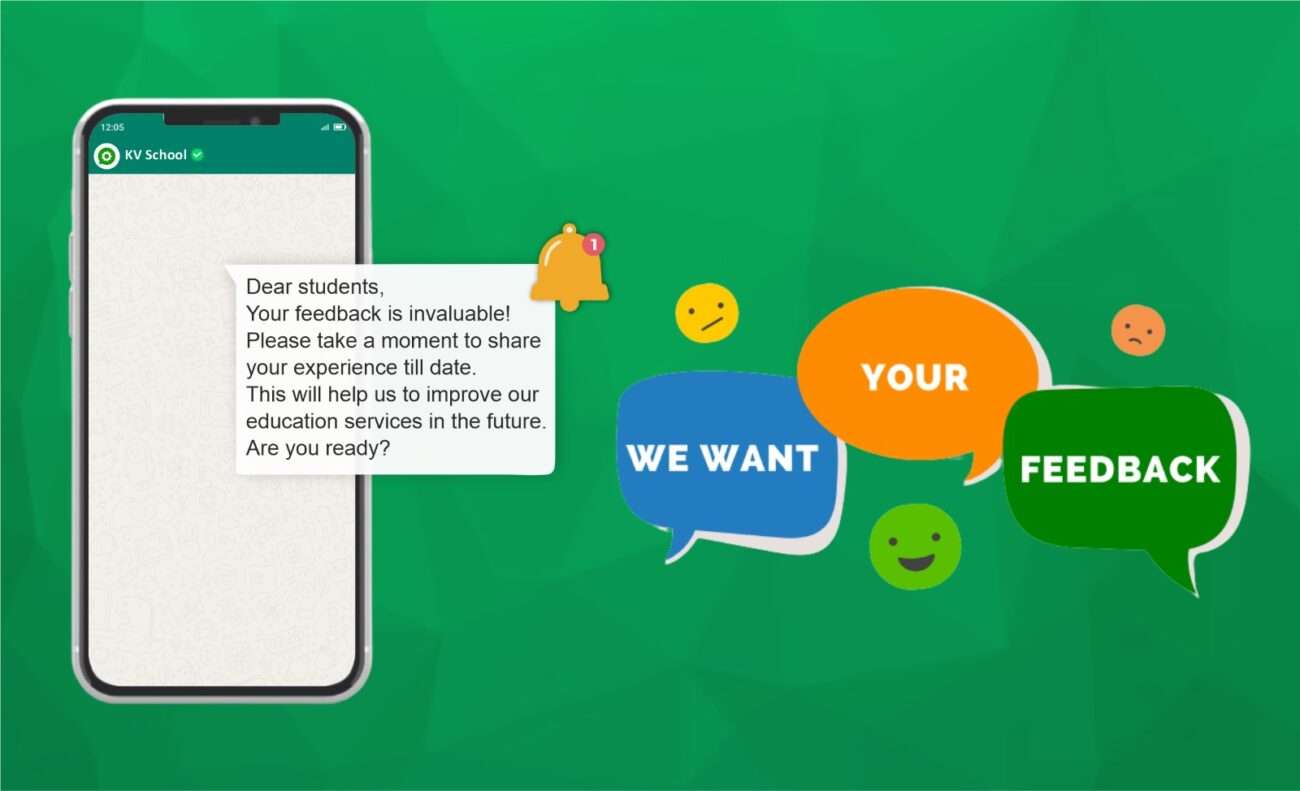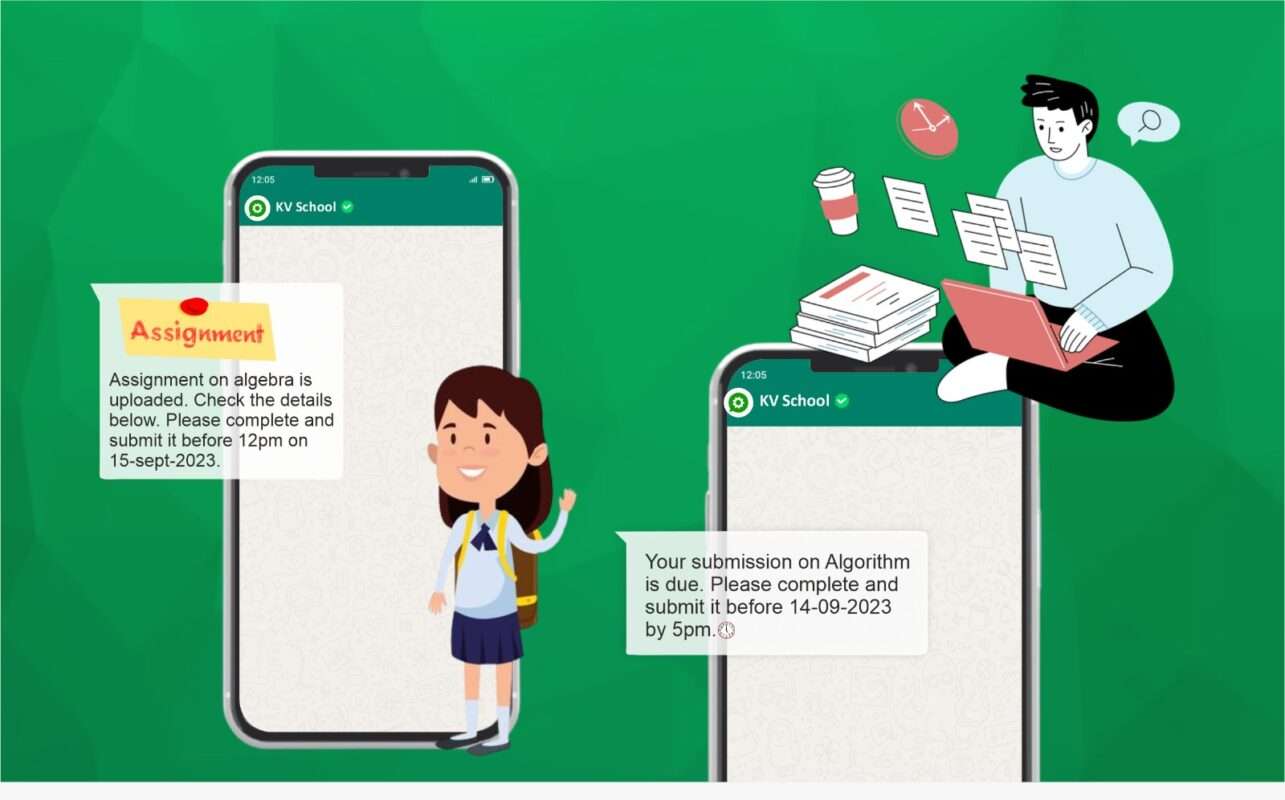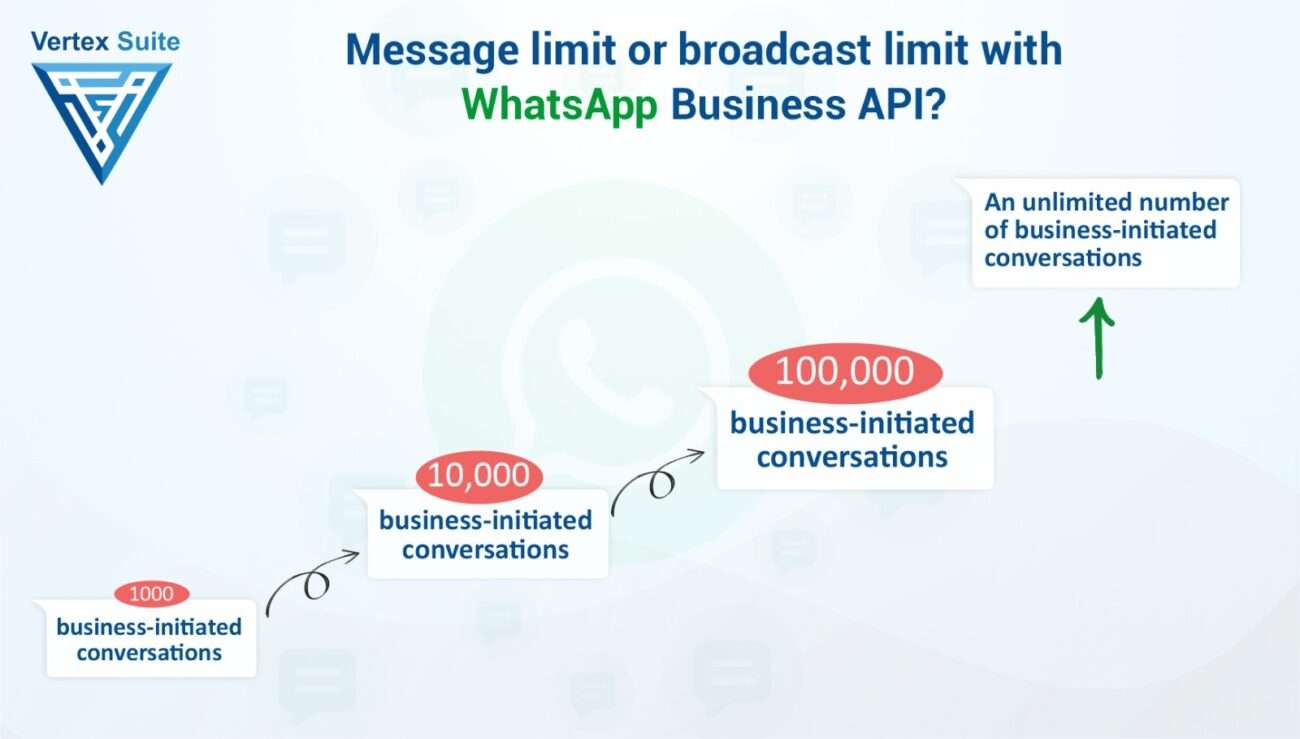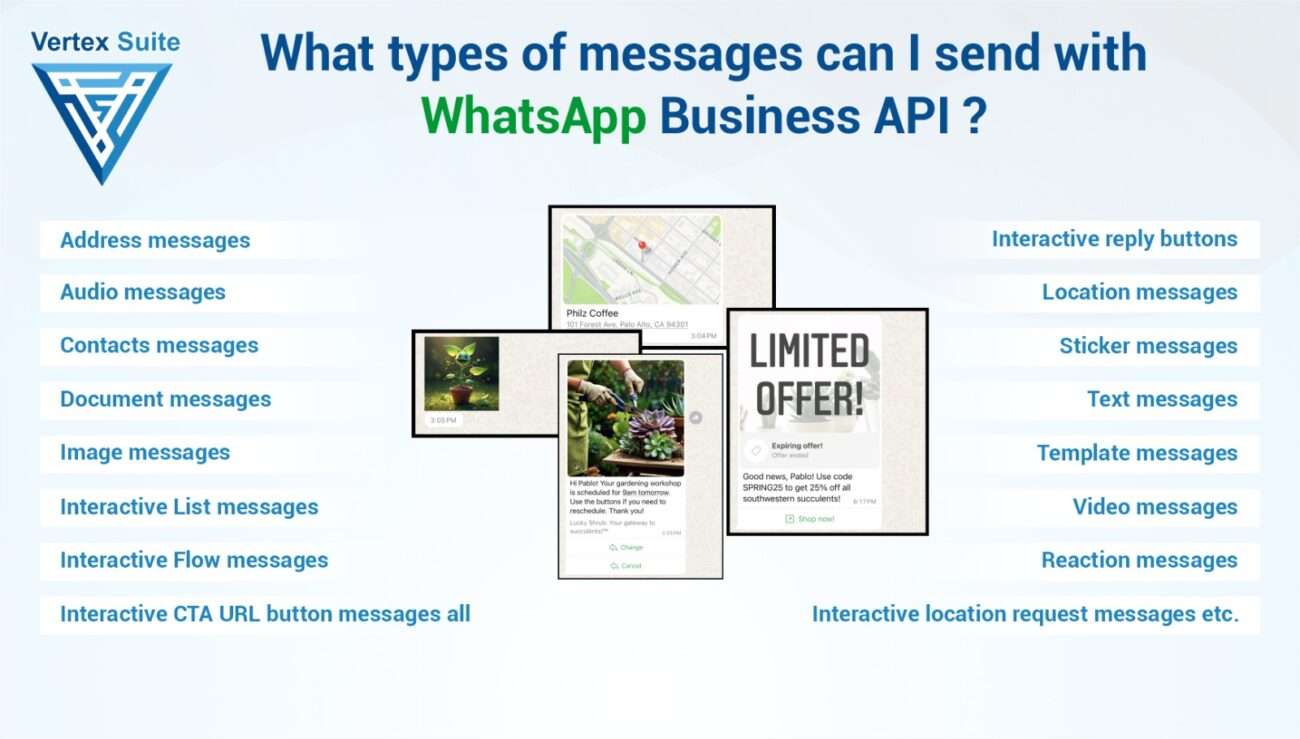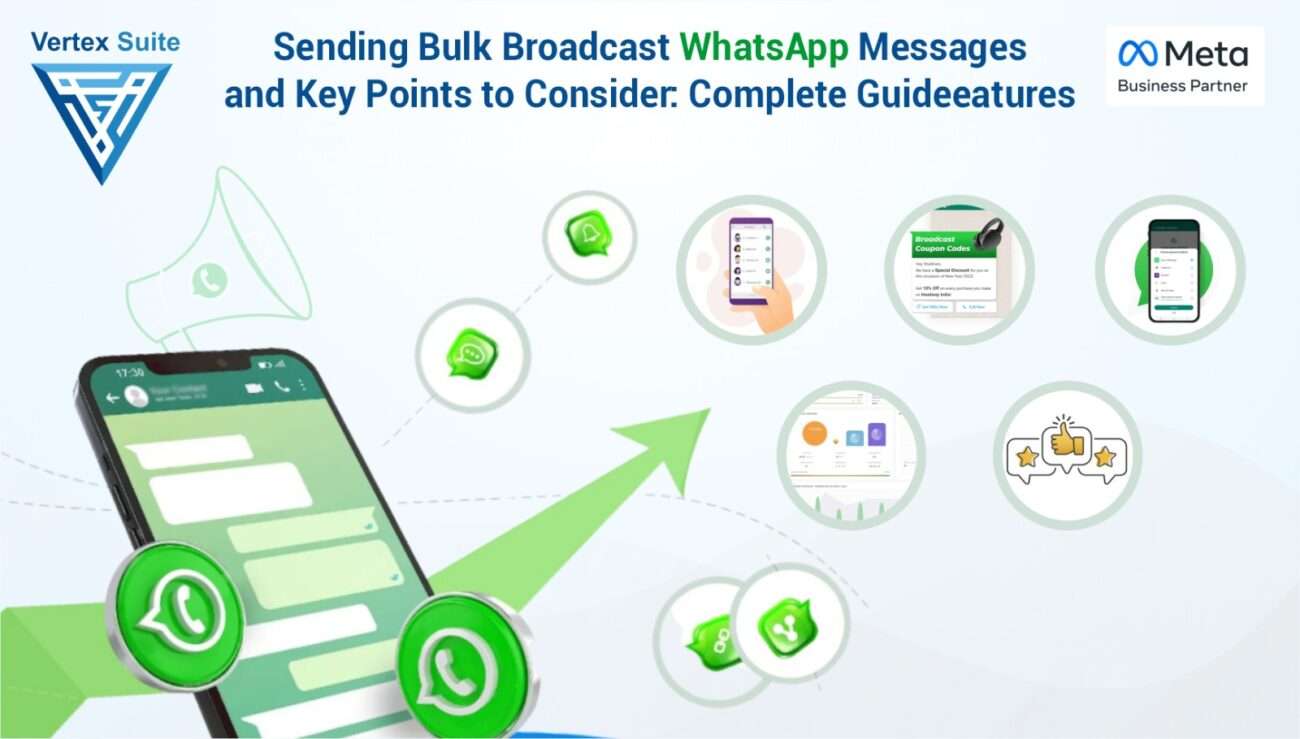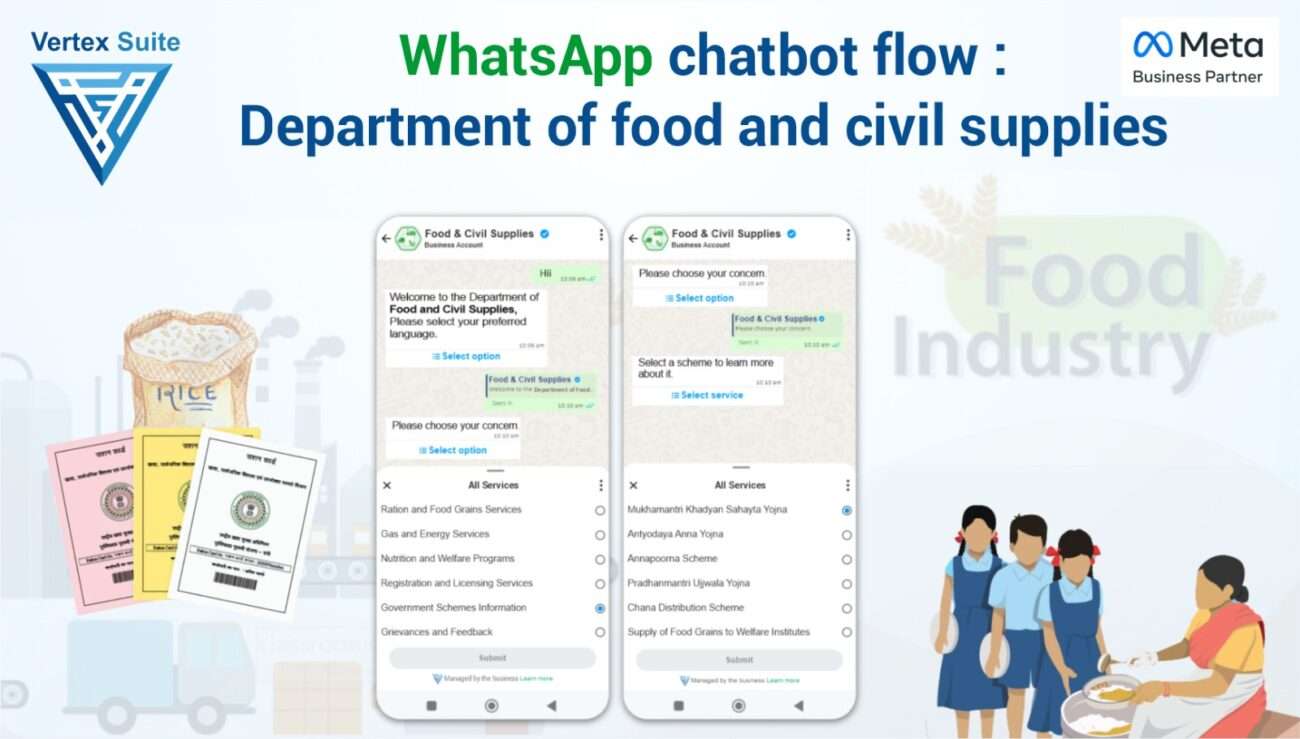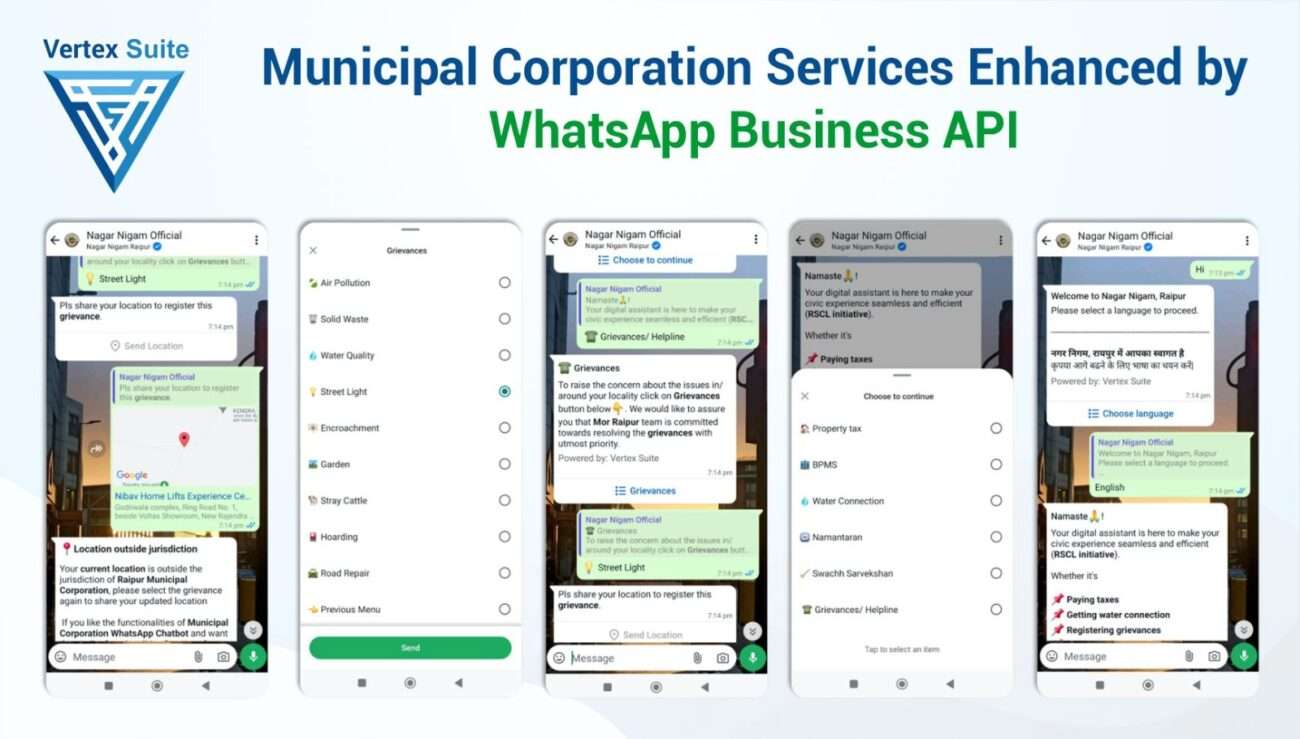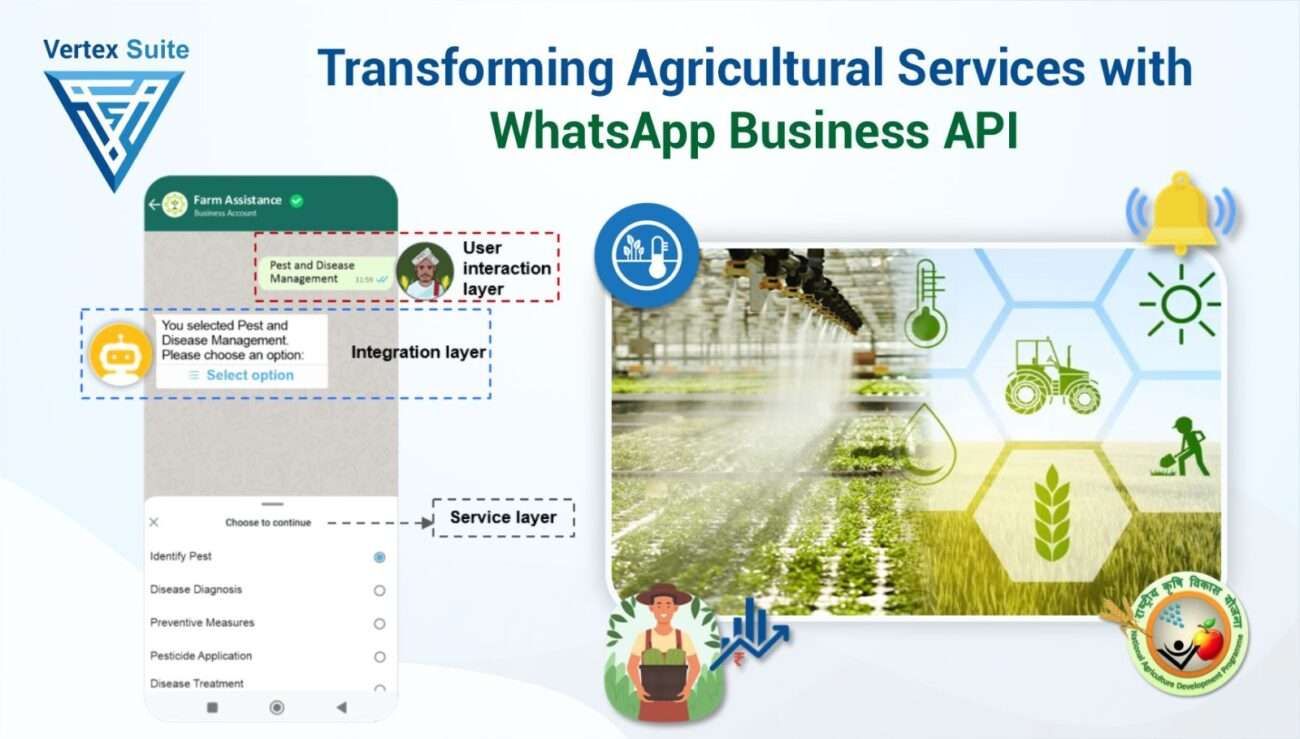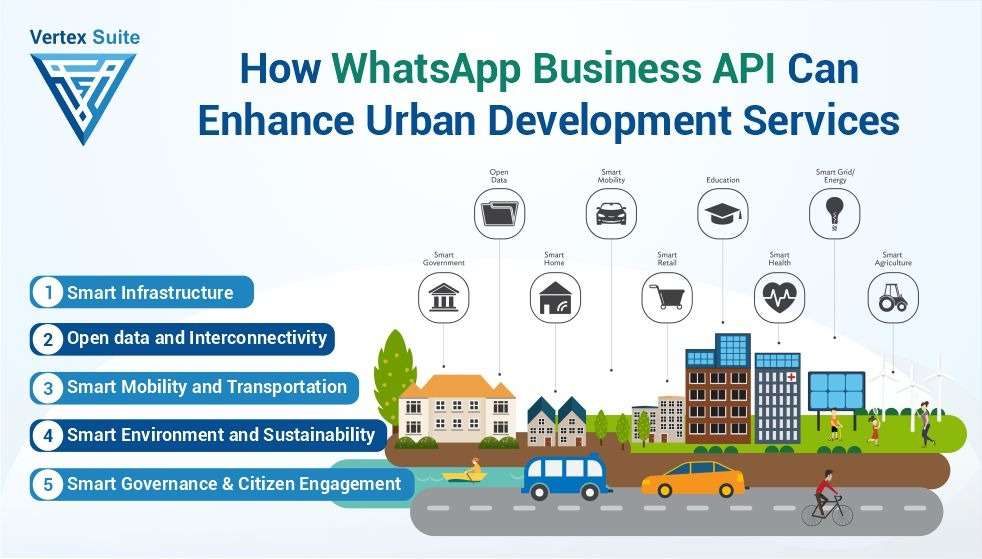In recent times, we have witnessed a significant transformation in our daily lives, ranging from the impact of demonetization to the adoption of digital payments and UPI, the influence of social media to the integration of smart home devices, and the prevalence of online platforms to the widespread use of QR code scanners. We are actively embracing technology, and our lifestyles are evolving within a technology-driven ecosystem. People are increasingly adopting sophisticated methods to make their work processes more convenient and efficient, thus enhancing satisfaction with work.
Transforming Utility Customer Communication:
The utilities industry, encompassing services such as gas, water, electricity, and telecommunications, plays a crucial role in our daily lives. The advent of WhatsApp’s Business API has brought about a revolutionary change in customer communication within this sector.
Leveraging advanced technologies like AI and ML has addressed many challenges in the utility sector, with a significant focus on improving customer service. In utilities, daily queries often face slow customer service. Instant solutions are rare.
Artificial intelligence-driven chatbots have emerged as saviors within this framework, effectively reducing operational costs and providing seamless customer support. A noteworthy example is WhatsApp’s utility chatbot, utilizing AI to engage with users and streamline communication processes.
1. Quick Resolution of Queries:
Utility companies can now swiftly address customer queries through WhatsApp chatbots. Automated chatbots are capable of providing timely solutions for various queries, encompassing billing issues, service interruptions, and general inquiries. This real-time interaction fosters a sense of stability and accessibility, significantly enhancing the overall customer experience.
This addresses a common challenge encountered in our daily lives – reaching out to customer care for clarification on bills. Typically, this involves searching for the relevant customer care number or resorting to emails, with no guarantee of issue resolution. To overcome this, customers can now instantly address concerns through the options provided on the chatbot, ensuring a prompt and efficient resolution.
Example: During a power outage, our utilities chatbot promptly provides details on the cause, expected duration, and any pertinent information for consumers.
2. 24/7 Accessibility:
Meeting the demands of the customers in D2C (Direct-to-Consumer) industry requires companies to prioritize constant availability. As services are extended to consumers, it’s inevitable that issues and concerns will arise, demanding swift resolution. However, the common frustration lies in the inefficiency of customer care services, where either the contact number is of no help or the call waiting times are extensive. Companies, aiming to optimize their customer service without dedicating excessive time, can get an ideal solution in the WhatsApp API. It offers the flexibility to respond to customer queries with automated replies through chatbot, ensuring a 24*7 availability of services. This not only enhances the overall customer experience but also improves the efficiency of customer service.
Example: If a consumer reports a water leak at midnight via the utilities chatbot, they would receive prompt advice on how to address the issue until a repair technician arrives.
3. Personalized Service Interactions:
Ensuring customer satisfaction and delivering enhanced post-purchase services involve the customization of offers or services based on individual preferences. When businesses send personalized offers or services tailored to meet the specific needs and preferences of customers, it results in more meaningful interactions. Leveraging customers’ purchase history allows businesses to recommend suitable plans, relevant offers, and information through a customized chatbot. This approach enhances customer-company relationships, fostering one-on-one interactions for increased loyalty. Households can conveniently monitor utility consumption patterns, optimizing energy usage and managing usage effectively.
Example: Recognizing a customer’s historical preference for paperless billing, a utilities chatbot can provide updates on new eco-friendly initiatives and encourage the customer to participate.
4. Automated Billing and Payments:
With the widespread adoption of online payment methods, people increasingly prefer to settle their utility bills through online channels on a monthly basis. Many opt for automatic bill payment to ensure a seamless deduction of bills regularly. However, managing multiple bills and payment schedules can become overwhelming. Dealing with different websites and applications for various bills complicates matters, making it challenging to edit account settings, check dues, or manage payments effectively. The solution lies in WhatsApp chatbots, where all these functions are streamlined within a single app. Streamline your utility experience! Pay bills, track payment history, view bills, update account details, and make inquiries seamlessly within a structured chat flow. No more switching apps! #UtilityPayments #ChatFlowEfficiency
Example: Inquire, breakdown, and pay your monthly electricity bill seamlessly with our utilities chatbot—all in one conversation! #UtilityPayments #ChatbotConvenience
5. Proactive Service Updates:
The integration of WhatsApp chatbots in the utility industry is transforming the customer service landscape, particularly with the introduction of the proactive service update feature. This advanced feature ensures that customers receive timely notifications regarding service modifications, scheduled maintenance, potential interruptions, and energy-saving tips, allowing them to plan ahead for any inconvenience. Moreover, chatbot contribute to increased customer engagement by providing valuable information such as upcoming events and energy-conservation suggestions. Utility companies leveraging WhatsApp chatbot establish transparent communication, reduce consumer shocks, and captivate customers with relevant content through proactive service updates.
Example: A utilities chatbot can notify customers about an upcoming maintenance activity in their area, offering details on the duration and potential impact on services.
Conclusion:
The impact of WhatsApp chatbot on customer experience in the utilities sector is revolutionary. WhatsApp chatbots offer a complete solution for modern utility customers by addressing immediate queries, providing 24/7 availability, personalizing service interactions, automating billing, and offering proactive updates. They stand out as a powerful tool for utility companies investing in technology-driven customer engagement, promoting efficiency, responsiveness, and customer-centricity. The utility sector must embrace these innovations to build lasting connections with customers and improve overall service quality.


